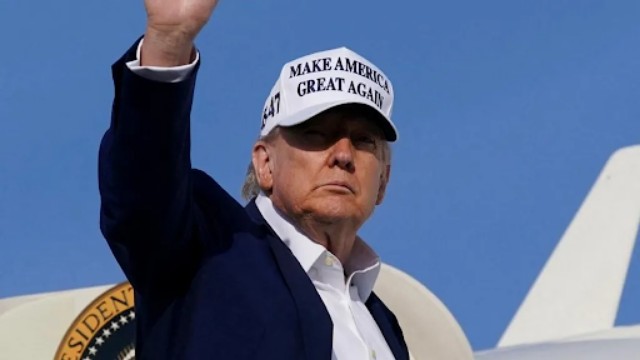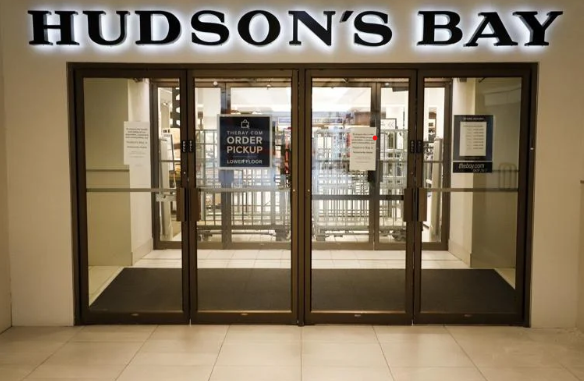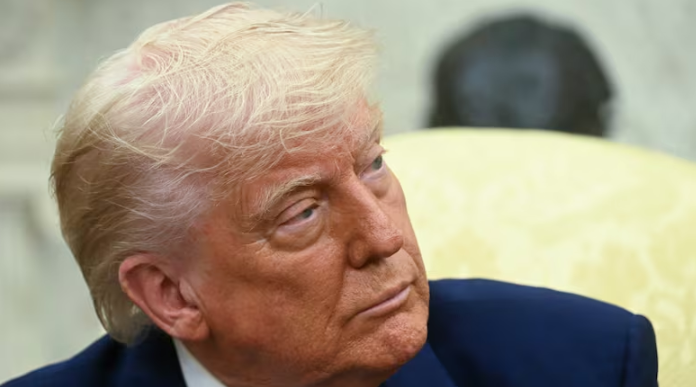
Donald Trump gets on Air Force One, raising his hand as he boards — Reuters
US President Donald Trump has agreed to push back the deadline for trade talks with the European Union (EU) until July 9. This extension comes after a tense exchange where Trump threatened to raise tariffs on EU goods to as much as 50%.
Last month, Trump set a 20% tariff on many products from the EU but later reduced it to 10% to allow time for negotiations. However, on Friday, Trump expressed frustration over the slow progress and warned he might increase tariffs sharply by June 1 if no deal is reached.
Following a phone call between Trump and European Commission President Ursula von der Leyen, Trump said she assured him that the EU would move quickly to reach an agreement. Trump then announced it was his "privilege" to extend the negotiation deadline. Von der Leyen also said the EU needs until July 9 to finalize a "good deal" and emphasized readiness to act fast.
On the same day, Trump told reporters he was considering raising tariffs to 50% on all EU goods entering the US, citing the slow pace of talks. Meanwhile, the EU's trade chief, Maroš Šefčovič, confirmed that the bloc remains committed to fair trade and hopes to reach a deal that benefits both sides. He stressed that trade should be based on mutual respect, not threats.
Trump has often criticized what he sees as an unfair trade balance with the EU, which is a major trading partner of the US. Last year, EU exports to the US topped $600 billion, while US exports to the EU were around $370 billion. Trump's concerns have especially focused on car imports and farm products.
Although some tariffs have been paused to encourage talks, a 25% tariff on EU steel and aluminum remains in place. European leaders, including those from France and Germany, have warned against escalating tariffs, pointing out that such actions would hurt both economies.
The EU has also taken steps in response, threatening tariffs on $20 billion worth of US goods, though these have been put on hold for now. Additionally, the EU is considering further measures on about $95 billion of US imports.
As both sides try to avoid a full trade war, this extension offers a bit more time to find a solution. Yet, the threat of high tariffs hangs over the talks, increasing the pressure on negotiators to work quickly.















